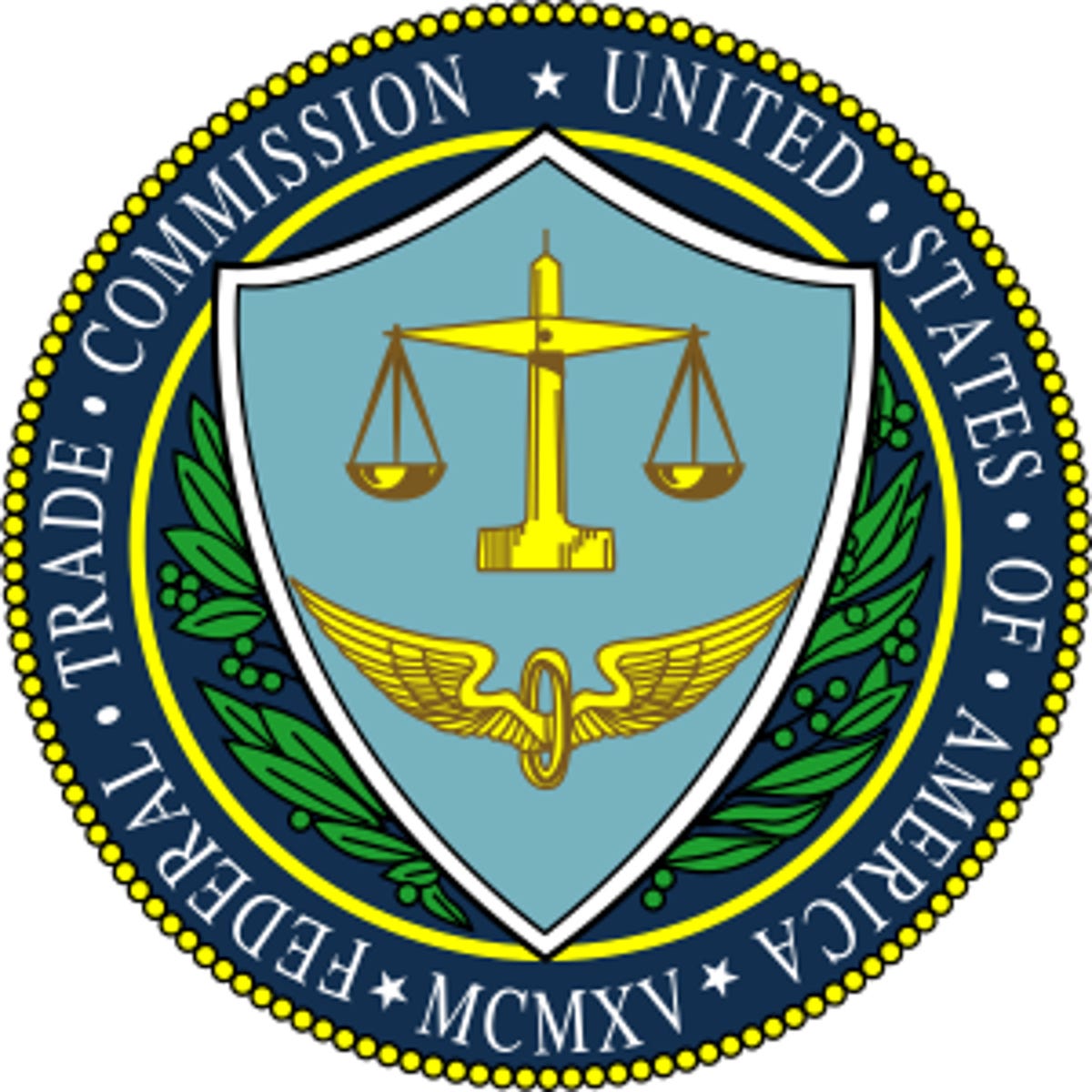The U.S Federal Trade Commission said today that it is cracking down on marketers that are allegedly bombarding consumers with hundreds of millions of unwanted spam messages on their cell phones in the hopes they will give away personal information on bogus Web sites.

Federal Trade Commission
The 29 defendants listed in the complaint sent 180 million unwanted text messages to consumers promising them free gift cards worth as much as $1,000 to retailers like Best Buy, Target, and Walmart, the FTC said in a press release.
Consumers who clicked on the links in the messages found themselves caught in a confusing and elaborate process that required them to provide sensitive personal information, such as a mailing address and in some cases medical information. This information was then sold to third parties for marketing purposes.
Once consumers entered their personal information, they were directed to another site and told they would have to participate in a number of “offers” to be eligible for their gift card. In some cases, consumers were obligated to sign up for as many as 13 of the offers. These offers frequently included recurring subscriptions for which consumers were required to provide credit card information. In other cases, they required consumers to submit applications for credit that would be reflected in their credit reports and possibly affect their credit score. If a consumer completed all of the “offers,” they were then notified that in order to get the promised gift card, they had to find three others who also would complete the offers.
Related stories
- Avoid Student Loan Relief Scams by Spotting These Red Flags
- ExpressVPN Is a Case Study in Why VPN Reviews Require More Legwork
- House Advances Federal Privacy Legislation
- Walmart Turned Blind Eye to Money Transfer Fraud, FTC Says
- Crypto Scams Have Cost Consumers More Than $1 Billion, FTC Says
The FTC filed eight complaints that targeted both the senders of the spam messages as well as the Web site owners. The FTC also filed contempt charges against serial spammer Phil Flora, who was barred from sending spam text messages in 2011 and was found to be part of the recent complaints.
The FTC is seeking restraining orders against the defendants preventing them from continuing their alleged deceptive and unfair practices.
The FTC alleged that the operators of these sites violated the FTC Act by failing to tell consumers about all the conditions attached to the “free” gift, including the possibility that consumers would actually be required to spend money to receive the gift.
In its release, the FTC said that defendants who sent the text messages were paid by the operators of the “free” gift Web sites based on how many consumers entered their information. And those operators were compensated by how many of those people subscribed through the “offer” process.
Spammers named in the complaints include several marketing firms, Superior Affiliate Management, Rentbro, Jason Q. Cruz (doing business as Appidemic), AdvertMarketing, Rishab Verma (Verma Holdings), Henry Nolan Kelly, and Seaside Building Marketing. The one complaint against a Web site operator was made against SubscriberBase Holdings.
The FTC files complaints when it believes the law has been broken. But the agency points out in its press release that it’s up to a court to decide whether these companies and individuals broke any laws.



